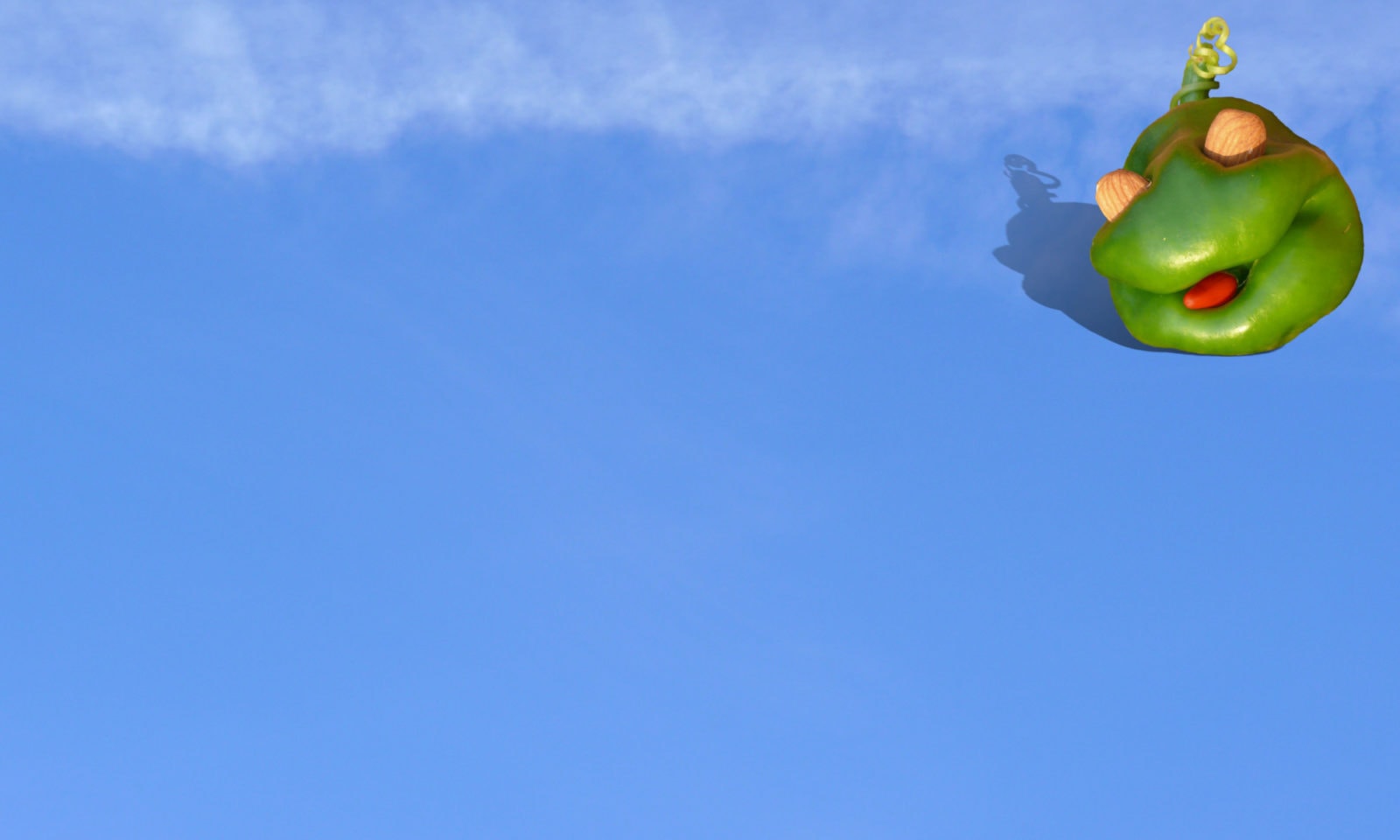Halloween candy lists are out for 2019. As many of you know, sometimes candies that are normally GF are not gluten-free when they are in holiday shapes. But those of you who have been reading for a while know my feelings on Halloween candy—skip it, and go for toys! It’s more inclusive, and you’re less likely to eat the leftovers.
HuffPo has a GF bread roundup. Is your favorite there? Maybe your new favorite will be.
Looking for a fun recipe? Spooky meringues are a staple around here. Meringues are a regular here because they’re simple…. And I appreciate that they are gluten-free, dairy-free, soy-free, low FODMAP, gastroparesis friendly, GERD friendly…and delicious! The recipe is here for the bunnies, just draw a squiggle instead of a bunny. ?
Interesting research
Why get relatives screened for Celiac? Because they’re more likely to have it, even without symptoms. 44.4% had Celiac, 28% with no symptoms.
Isn’t this fascinating–> different probiotics may be able to suppress or even reverse food allergies. Granted, studies are currently only in mice, but it’s still a neat and encouraging concept.
Ah, the new cross-contamination study…I have so many thoughts. First, food anxiety is real. It’s a problem. I see it in clients, and I experience it, too. It’s no fun to get sick when eating out, or with friends. And study after study has shown that people with Celiac often have incomplete healing from intestinal damage. And then there’s a new study showing that it’s safe to be less concerned with casual contact and cross contamination at home. It’s a very small study, and that’s been a major concern. It addresses components (toasters, pasta water, etc.) when the real question is, what would the implication be for a real person over a typical day? The study contradicts all of the major Celiac orgs and what I’ve seen with clients over the years. I’m really curious to see if/when it’s repeated, and I have very mixed feelings. And, of course, if people are getting all the “allowed” contamination at home, what happens when they inevitably go out?
Bottom line:
- This is a very small study
- The test methods seem to be inadequate (my background isn’t in this arena)
- People with Celiac can only tolerate trace amounts of gluten. It’s often easier to control contamination at home than out.
- I absolutely agree with study authors in articles saying this study means that people should feel safe traveling without bringing their own pots and pans and utensils with them as they travel. I have rarely encountered clients who do that, and if this study provides peace of mind on that front, great.
- As summed up by Dr.Fasano from the Center for Celiac research: interesting, but it’s not enough to change any of the current guidelines at this point.
I look forward to more research on this as it comes out…and will keep you all posted.
And re: food fears, there’s a great post here from Kate Scarlata on food fears.
A new study on the AIP diet shows that it helps IBD (Crohn’s & UC). This is great news! The AIP is a very restrictive diet that removes grains, sugars, nuts, seeds, eggs, nightshade veggies, beans, and more. But…the rates of improvement were about the same as studies that were less restrictive, which is disappointing. It’s possible it helped people who had more severe damage. But the study doesn’t try to separate the effect of unlimited RD support, a health coach and a community focused on stress reduction better sleep, etc. and attributes all the positive changes in quality of life to diet change, which isn’t reasonable.
Cheryl Harris, MPH, RD is a Registered Dietitian Nutritionist and Certified Wellcoach in Fairfax, VA. She helps people with a range of dietary issues, including Celiac Disease, digestive issues, preventing diseases and “whole foods” eating. Let’s get you on your way to achieving your goals and feeling great! Email or call 571-271-8742.


